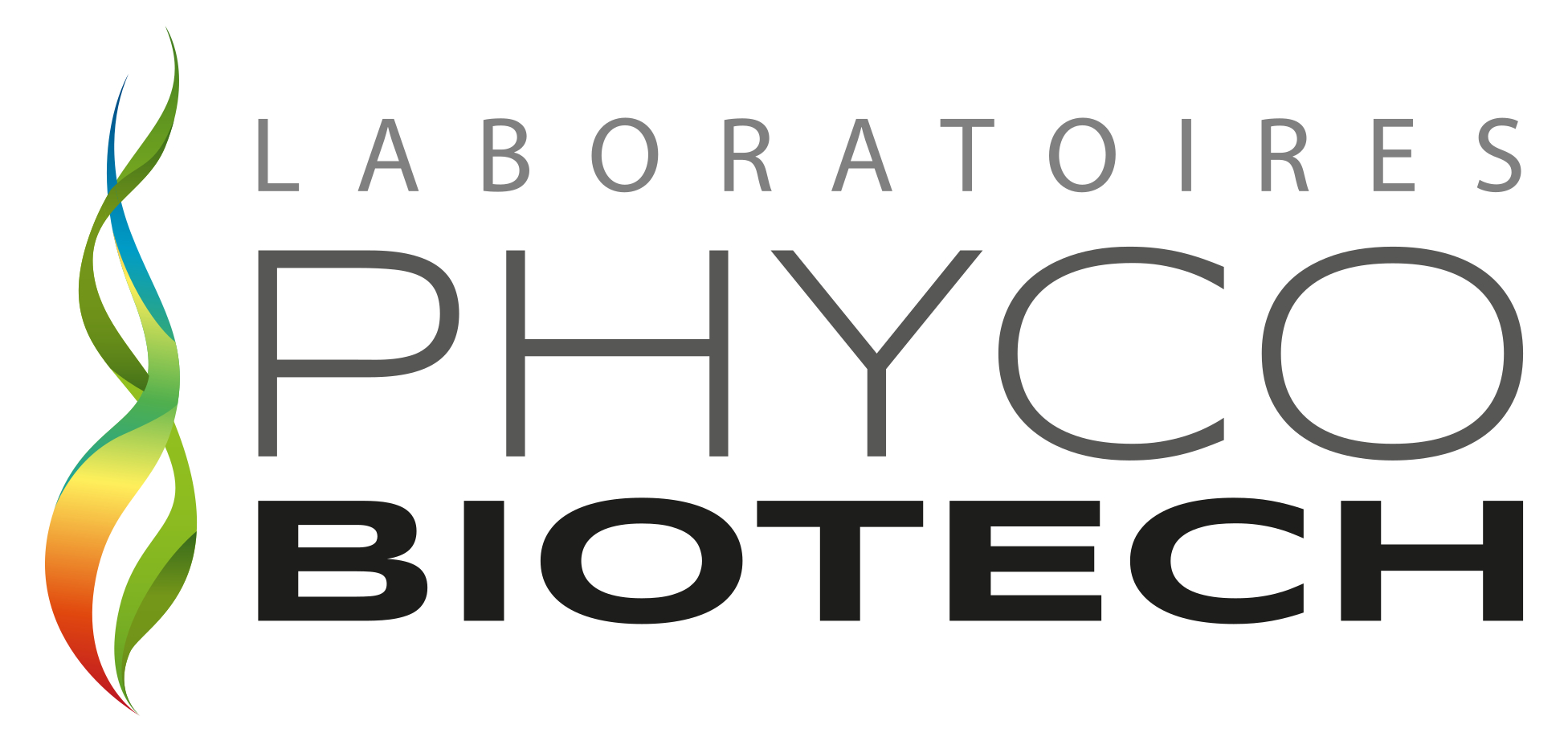ABSTRACT
Silicon has beneficial effects especially on bones and skin and is important in cardiovascular pathophysiology. Furthermore, in spontaneously hypertensive rats, it reduces hypertension and increases antihypertensive and antiatherogenic gene expressions in the aorta. Thus, incorporating silicon into spirulina could be a way to produce a bioavailable food supplement. The potential toxic effects of silicon-rich spirulina (SES) through haematological and biochemical parameters and inflammatory and oxidative status were evaluated in rats’ blood and liver tissue. The study consisted in a 90-day experiment on female and male rats supplemented with three doses (28.5, 57 and285 mg/kg BW/day) of SES. No mortality, abnormal clinical signs, behavioural changes or macroscopic findings were observed whatever the groups. Haematological parameters were not modified in SES treated-groups. No marked change was recorded in biochemical parameters The liver endogenous antioxidantenzymes (SOD, GPx, catalase) activities were not modified whatever the gender and the dose, just as markers of oxidative stress (O2°−, TBARS, thiols) and inflammation such as IL-6 and TNF-alpha. Our findings indicate that dietary supplementation of silicon-rich spirulina on rats has no harmful side nor toxic effects and could be beneficial especially in the case of suspicion or installation of pathologies due to oxidative stress.

Commentaires fermés